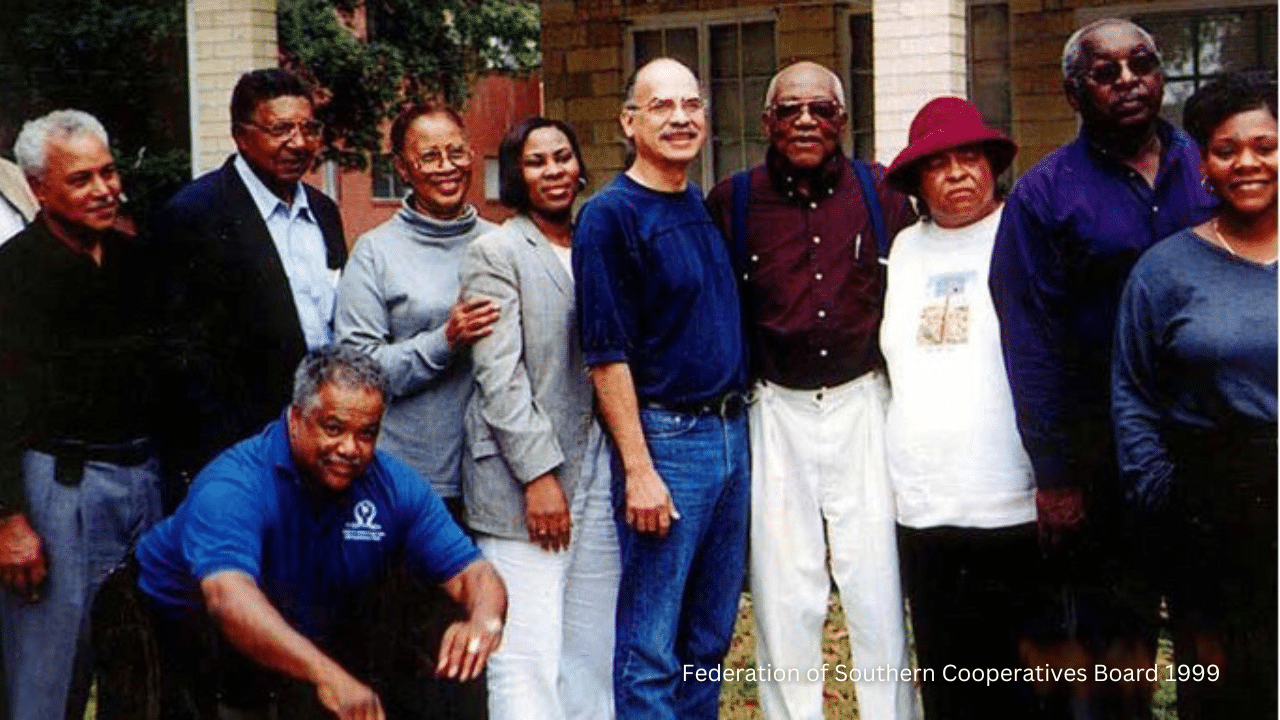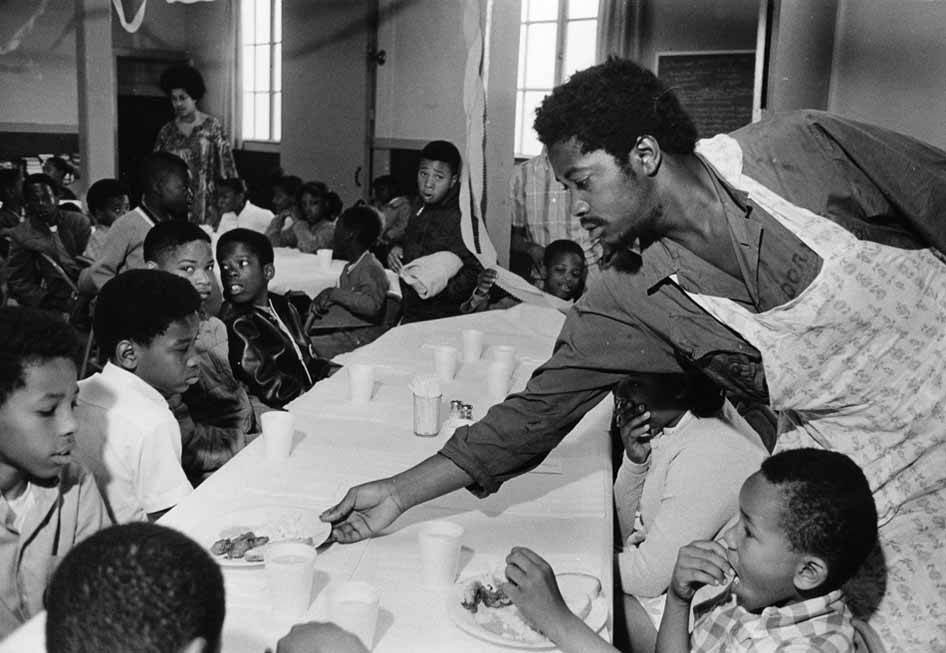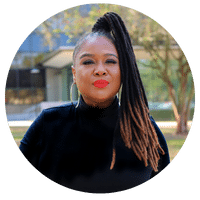Black History Month: More Than Commemoration—A Blueprint for Liberation
February 12, 2025
February 12, 2025

Author: Josie Pickens
My parents hail from a small Black parish in southwestern Louisiana, and one of my greatest joys is sitting with the elders in my family, listening to their stories about growing up in the Jim Crow South. These conversations are more than recollections; they are acts of resistance, archives of survival, and lessons in community-building. My family’s roots are in sharecropping, a system that functioned as an extension of slavery, trapping Black families in cycles of debt and exploitation. And yet, despite the constraints of racial capitalism, my ancestors charted their own course, eventually becoming landowners—a remarkable achievement given the systemic barriers Black farmers faced and continue to face.
In a recent conversation with my mother and her siblings, I learned that my commitment to community organizing is not coincidental; it is ancestral. My maternal grandmother was deeply involved with the Federation for Southern Cooperatives, an organization dedicated to supporting Black farmers at local and national levels, particularly in navigating policy development and securing communal resources. During her time, social services for Black Southerners were nearly nonexistent. As a result, Black communities had no choice but to cultivate their own networks of mutual aid, cooperation, and shared survival. The lessons my grandmother imparted resonate deeply today, as the necessity of community-building and collective organizing remains just as urgent in the face of state violence, systemic neglect, and racial capitalism.
As we reflect on Black history—not merely as a commemoration but as a guide—we must recognize the interconnectedness of historical and contemporary struggles. Today, Black and Brown communities, alongside queer and trans people, face an intensified wave of political attacks in the United States. The expansion of the prison industrial complex, legislative assaults on bodily autonomy, and policies that destabilize housing and family structures are all coordinated efforts to criminalize, control, and diminish our capacity to not only thrive, but to survive. These attacks are not disparate; they are linked by a long history of state-sanctioned racial violence and economic dispossession. And yet, history teaches us that resistance is not solely about dismantling oppressive systems—it is also about constructing the liberatory structures that can sustain us.
Abolition is often misrepresented as merely the call to eliminate prisons and policing. However, true abolition is a practice of care, mutual aid, and self-determination—a commitment to creating the conditions in which all people can flourish. The blueprint for this work has already been written. By studying Black liberation movements—from 19th-century abolitionists to the Civil Rights Movement to the communal organizing of the Black Panther Party—we see that the key to resisting oppression has always been rooted in building strong, interconnected communities. Liberation is not something we wait for; abolition is a practice we must live in the present.
Throughout history, Black people have resisted not only through direct action against oppressive forces but also by creating systems of care that ensured collective survival. This legacy of radical community-building stretches across generations. During enslavement, Black people forged clandestine networks of mutual aid and resistance, from the Underground Railroad to self-sustaining maroon communities. Following Emancipation, formerly enslaved people established Freedmen’s Towns like Africatown, Alabama, and Greenwood, Oklahoma, built Historically Black Colleges and Universities (HBCUs), and developed mutual aid societies through churches and fraternal orders. These were not just acts of survival but declarations of self-determination.
Similarly, during the Civil Rights Movement, community organizing was not solely about protest marches and legislative change—it was deeply embedded in the fabric of daily life. Ella Baker’s model of decentralized leadership ensured that movements were sustained by collective power rather than individual charisma. The struggle for Black education, housing, and labor rights reinforced the idea that justice was inseparable from the material well-being of Black communities.
If there was any organization that fully understood abolition as both the dismantling of oppressive systems and the construction of liberatory alternatives, it was the Black Panther Party. Their free breakfast programs, health clinics, and liberation schools were radical not only because they challenged state neglect but also because they actively built systems of care outside of state control. The Panthers modeled what it meant to live abolition, not as an abstract theory but as a tangible, daily commitment to Black survival.
These movements were not solely about resisting oppression; they were also about actively imagining and building the world that Black people deserve. Today, we must continue this legacy by fortifying our families and communities against state violence while constructing alternative structures that affirm our collective well-being.

Charles Bursey at a Black Panther Free Breakfast Program
The systems designed to criminalize and control Black communities have never disappeared; they have merely evolved. Today, we see this in:
These attacks are not separate; they are part of a broader strategy to control, disrupt, and dismantle Black and Brown communities. In response, we must turn to abolitionist practices that prioritize care, safety, and self-sufficiency.
Abolition is not a distant ideal; it is a daily practice. We can begin by:
We do not need permission to build abolitionist communities—we must start where we are. Whether through local mutual aid, education, or direct action, we each have a role to play in shaping a world where care and justice define our lives.
As radical thinker and author Arundhati Roy reminds us: “Another world is not only possible, she is on her way. On a quiet day, I can hear her breathing.”
The question before us is not whether we will fight for our communities but how we will do so. How will we honor Black history by ensuring Black futures? How will we build a world where Black people are not merely surviving, but thriving?
The answers lie in the work we choose to do today.

Josie Pickens is a Black queer feminist journalist, culturalist, and strategist. She currently serves as the Program Director of The upEND Movement